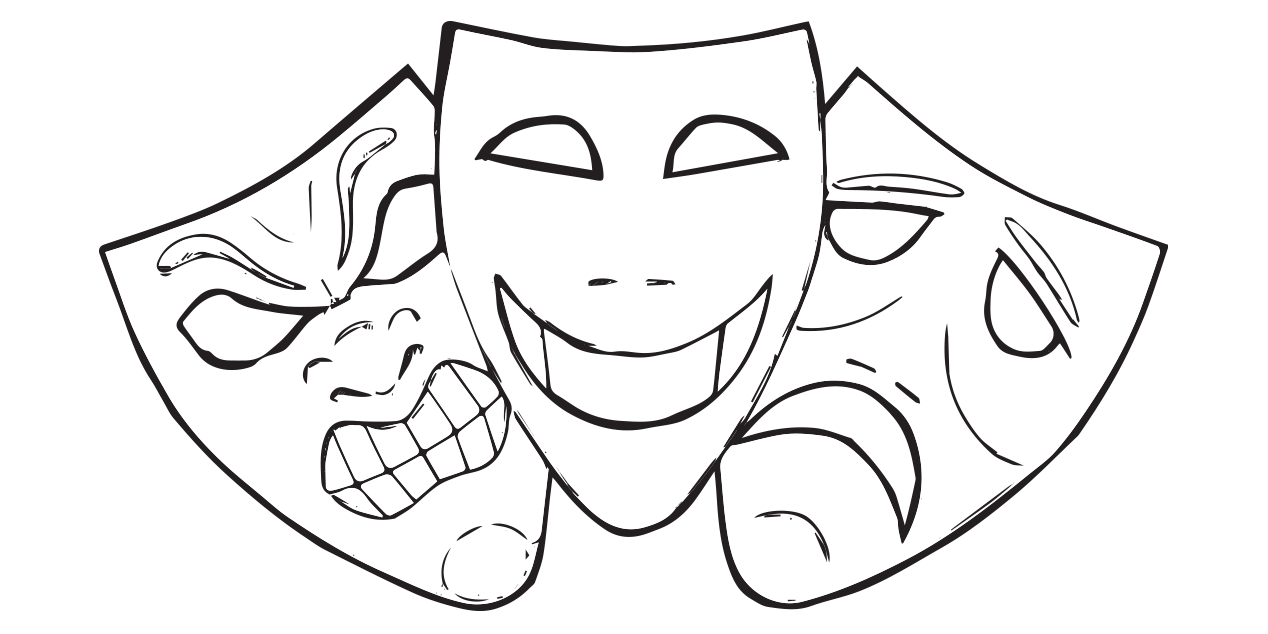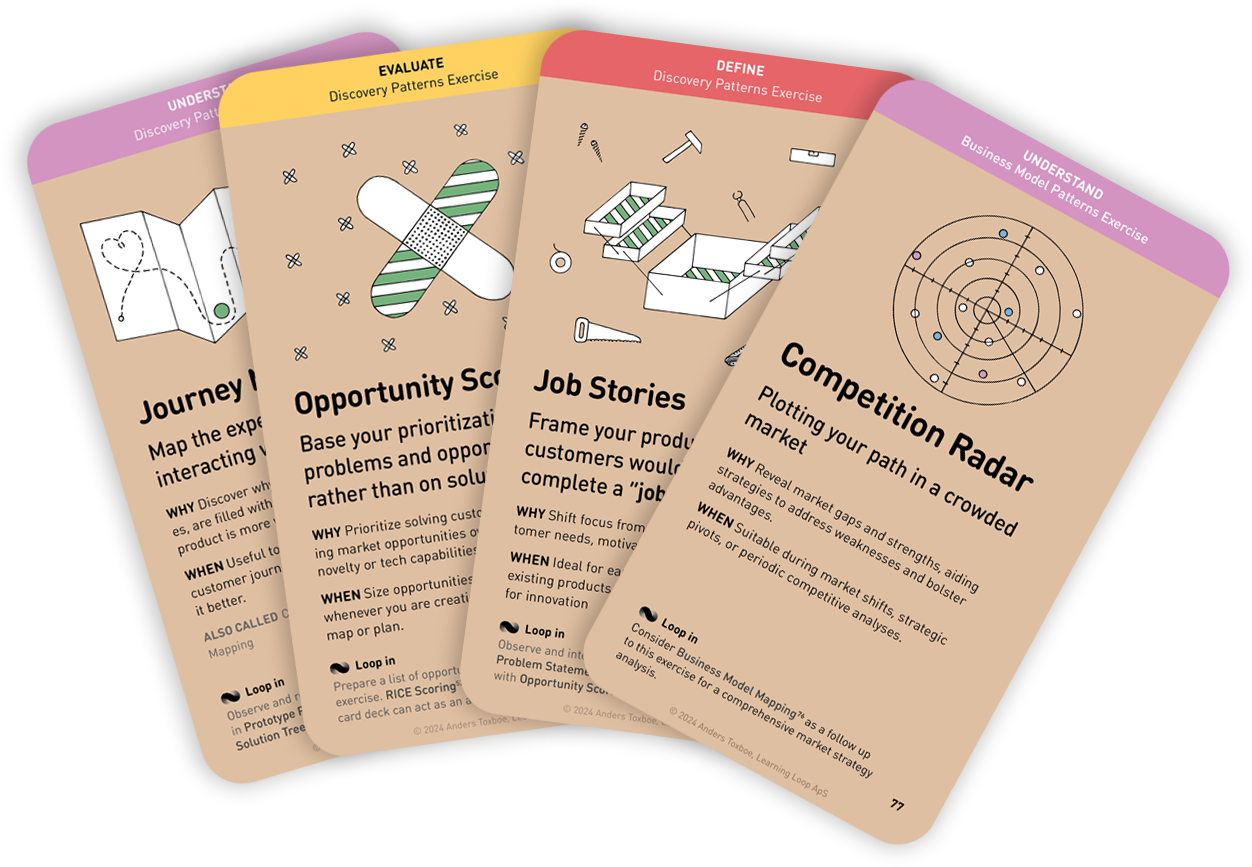Workshop Exercises: Discuss
Mad / Sad / Glad
Understand the emotions and feelings of a team to maintain morale

Why: Gain insight into team members' emotions and feelings to identify areas of improvement and maintain team morale
When: Useful retrospective exercise to gauge progress to promote a continuous improvement culture
A collective emotional temperature check
“Mad Sad Glad” is a go-to strategy many teams use after a Sprint to take a collective emotional temperature check. It’s a focused way to encourage team members to express how they feel about their work and address any concerns or highlights they experienced during the Sprint.
The execise especially shines when there’s an undercurrent of tension or unresolved issues within the team. Offering a structured way to express emotions can be extremely beneficial, particularly in a fast-paced, goal-oriented Agile environment.
How the exercise can be of benefit
- Building trust. By creating a safe space for team members to share their honest feelings about their work, you foster a culture of transparency, ultimately boosting trust within the team.
- Boosting morale: Many times, workplaces might not offer the opportunity to vent frustrations. “Mad Sad Glad” gives team members the chance to express their struggles, making them feel acknowledged, which in turn lifts morale.
- Encouraging engagement. If team members are frustrated and feel unheard, they may disengage. With a “Mad Sad Glad” retrospective, team members can voice their concerns and contribute to creating a more inclusive workspace that fosters active participation.
Instructions for running this play
- Introduce the exercise and explain its purpose of understanding emotions and feelings of the team to maintain morale.
- Distribute sticky notes and markers.
- Conduct a Silent Storming exercise Timeboxed to 10 minutes, asking participants to list reflections in the following categories:
- Mad: Things that are driving you crazy.
What is stopping you from performing at your best? - Sad: Things that have disappointed you.
What do you wish could be improved? - Glad: Things that make you happy, reflecting on the project.
What are the elements that you enjoy the most?
- Mad: Things that are driving you crazy.
- Have each participant Playback their ideas and place them on the board, grouped by category.
- Discuss the results. Start by discussing the Mad category. Repeat this process for the Sad category and finally the Glad category.
- Brainstorm solutions. Consider using the Start / Stop / Continue format for framing the mindset and Dot Voting for prioritization.
- Plan Next steps. Consider using a Who / What / When to ensure clear responsibilities for moving forward.
Tips to perfect this play
Master and adapt the play to fit your context and needs.
Tip: Different colors
Assign each category a different color of sticky note.
Tip: Aonymous presentations
Make the Playback anonymous if you expect open and honest communication to be an issue.
A collection of workshop exercises that will help you ditch dull meetings and facilitate with confidence. It will help you master the design process and have more productive time with your team. The card deck will be ready for purchase in the end of 2026 and is now undergoing rigorous testing.
Reserve your deck!